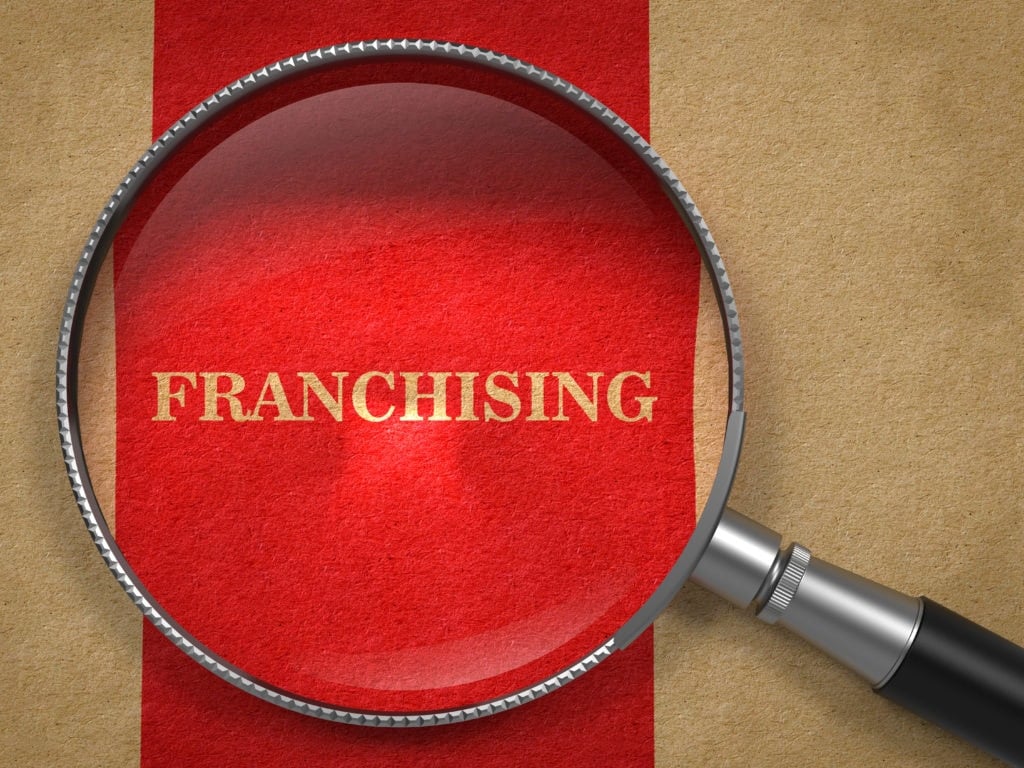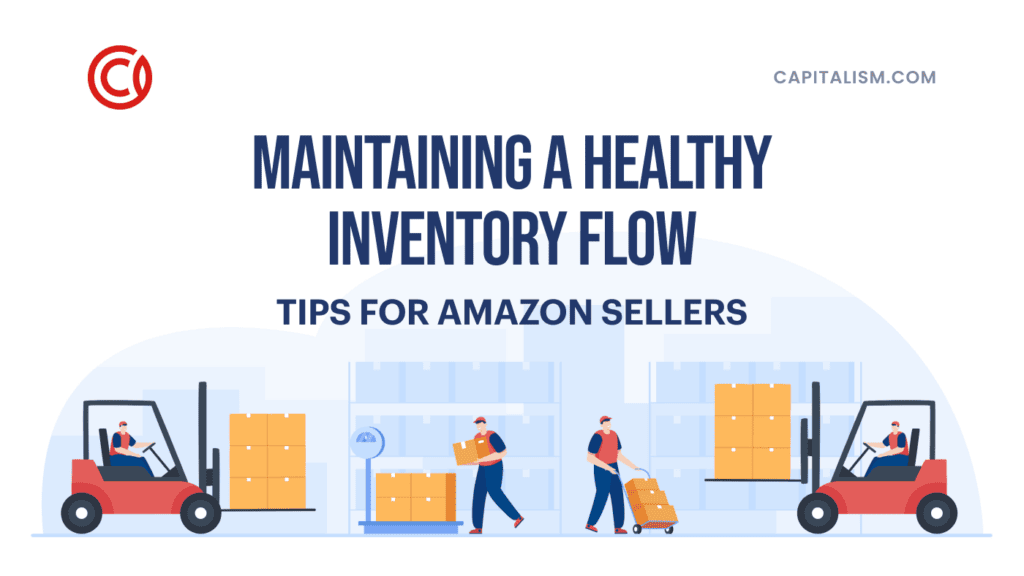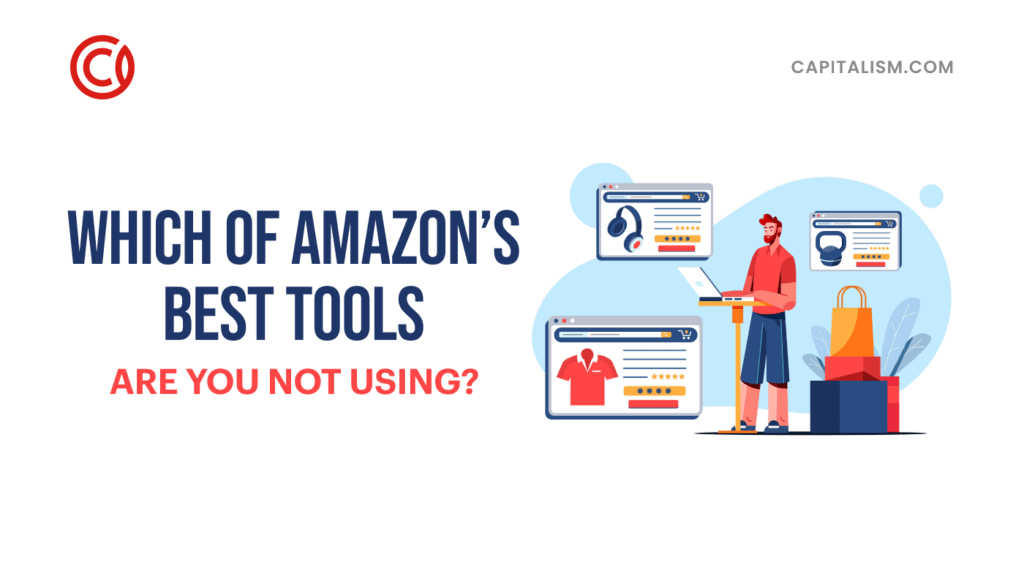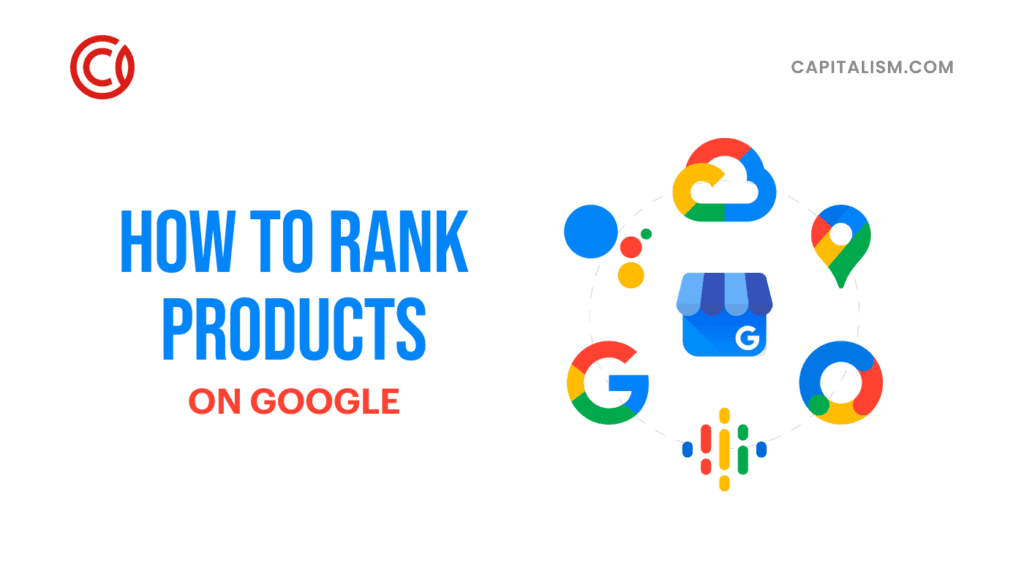Do you have an amazing product or service that you know people will love? Do you want to scale your brand to a national, even global scale?
Then franchising your business may be the next step for you.
But where do you even start? Most franchises you know are household names like McDonald’s or Coca-Cola. Learning how to start a franchise business can be intimidating—even for the most determined entrepreneur.
Here at Capitalism.com we break down the barriers that block you from reaching your entrepreneurial dreams. We want you to grow your business to the heights you always dreamed of. And if franchising is your chosen route, then we are here to help. (Are you a franchisee? Check out this interview between Ryan Moran and an experienced franchisee)
In this article, we are diving into the main steps on how to franchise a business and 10 tips you need to make your franchise successful.
First things first: What is Franchising?
Finding a “franchising a business definition” can yield some complicated answers. Simply put, it means that you are selling your proven business model and trademark to people who will replicate your brand and business.

Franchising a business pros and cons: is it right for you?
If you want to know how to franchise a business, you need to determine if it’s right for you. Coming up are the pros and cons to franchising.
Pros
- You can expand your brand globally. The first McDonald’s opened in California. Today, there are now over 30,000 restaurants operating in over 100 different countries. Franchises allows people to buy outlets within your chain, and open up new locations in different cities and countries.
- You can outsource management. If you were the CEO of a global franchise, it would be nearly impossible to manage the day-to-day operations of every location. But you don’t have to. Part of franchising your business is hiring managers to oversee their own locations.
- You can reap in profitable returns. If you sell your franchise to talented business-minded people, then you can build a network of highly profitable franchises. The royalties collected from your network can produce a sizable profitable for you.
- Low risk. Since the franchisee (and not you) will be signing the lease on a new franchise location, they assume all liabilities. Expanding your franchise puts little risk on you, the franchisor.
Cons
- You need to hand over the reins. If you’re somebody who likes being on the floor running the place, then franchising may be a difficult transition. As the franchisor, your job is to sell your franchise to franchisees who you trust to uphold your brand and expand your business.
- New ideas get stalled. Since franchisees manage their locations independently, it can be challenging to implement new products and promotions across all of your outlets. It can take some convincing to get franchisees on board so that you can introduce new launches consistently.
You now know the advantages and disadvantages to franchising a business. If think you’re ready to dive in, then follow these 10 tips on how to franchise a business.
Tip #1: Know where you stand before you take your next step.
Franchising your business is a lengthy process. Knowing where you stand prepares you for your next step before you finally start selling franchises.
How to franchise a business is broken down into four main steps:
- Streamline your business model so that it’s easy to replicate.
- Complete your franchise disclosure document (FDD)
- Register as a franchisor.
- Start selling franchises.
Don’t neglect the first step (it can take the longest). Franchisees want to know that you have a proven business model that already works. With the help of a detailed operations manual and some advice from you, franchisees should be able to duplicate your business in a new location.
Tip #2: Brush up on your legalese: understanding the legal side of franchising
What you need to know about Franchise Disclosure Documents (FDD)
When you franchise your business, you need to adhere to federal and state franchise laws.
Part of the legal process is completing your Franchise Disclosure Document (FDD). This legal document outlines your legal obligations as the franchisor, as well as the expectations of the franchisees. This document aims to reduce confusion about operating your franchise, including royalties, locations, and more.
Your FDD is then forwarded to prospective franchisees for review prior to buying a franchise from you.
Should you hire a lawyer?
Hiring a lawyer is not required but it can save you from headaches.
Federal and state franchise regulations can be complicated and we only provided a broad overview of the FDD. It can be worth paying for somebody who specializes in these types of laws for a living. A lawyer can offer you a more comprehensive understanding of the legal requirements of a franchise and the legal relationship between you and your franchisees.
Also, having a lawyer to consult on legal matters can help you avoid costly infractions.

Tip #3: Don’t skimp on your sales strategy.
When you franchise your business, your focus shifts from operating your local business to selling franchises. Here are a few pointers to consider when franchising your business.
Optimize your business model.
Remember: when people consider buying your franchise, they look for a streamlined model that is easy to replicate. Make sure that your business is already succeeding locally before you consider expanding.
Create a collaborative franchise network.
Individual franchisees can dispute over implementing new innovations. Your role as franchisor should include diplomacy. Creating a collaborative culture can help franchisees feel independent but also remember that they belong to a community of fellow franchisees.
Local versus national.
You may want to grow your franchise to be a national brand but don’t forget to think local. There’s value in franchises catering to their respective communities. Encourage your franchisees to market to their local communities and represent the franchise in community events.
Prioritize stellar customer service.
Franchising your business can grow your customer base. However, many franchises struggle with providing consistent customer service. When people walk into a franchise, they should expect to receive the same level of amazing customer service as any other location. Having a strong customer service training program is essential to any successful franchise.
Tip #4: Do your (marketing) homework.
Before you franchise your business, do your market research. You need to check if the market will support your business if you franchise.
Here are nine questions to get you started:
- Who are your potential customers?
- Where do your customers live?
- Would they buy your products or services?
- How often?
- How would your product or service satisfy their needs and desires?
- Is your industry thriving or declining?
- Is your industry rapidly growing?
- Can you see technology replacing your product or service in the foreseeable future?
- Most importantly, are there enough customers in your market to grow your franchise?
Tip #5: Tighten your brand and tell a good story.
Many people already sell similar services or products to yours. When everything looks the same, people use price as the deciding factor.
It becomes a race to the bottom.
And that’s no way to grow a franchise. Branding is your secret weapon to standing out and growing a successful franchise.

Here at Capitalism.com we define a brand as the collective emotional response to your service or product. When people interact with your brand, you want them to feel like a hero.
It’s worth spending time or money (by hiring somebody) to craft your brand. Not only will this help you sell to customers, it will also help you sell franchises.
Tip #6: Optimize your website.
A website with just your business location and services isn’t enough. Website optimization is key to surviving in this digital market.
Are you capturing your customer’s information?
When prospects visit your website, is there a lead capture form? Is there a box where customers can enter there name and email address? Building an email list is useful for increasing your brand authority and converting prospects into buyers.
Are you driving traffic intelligently?
Email isn’t used just for announcing promotions and distributing coupons. You can use email to drive traffic to your sales funnels. Use email to butter up your customers and then send them to a landing page or sales funnel to convert that prospect into a buyer..
Do you have a video uploaded?
Advertising has gone digital online but walls of text and fancy web layouts can feel artificial. Video can solve this challenge for three reasons:
- Showing your customers the face behind a brand builds rapport.
- Your face and voice add authenticity to your brand
- Video adds a personal touch to your website
Combined with a top-notch sales funnel, a video will attract prospects, convert leads, and close sales.
Tip #7: Get used to a title change.
Transitioning into franchising can be an adjustment, especially after operating your single business locally.
You’re no longer the business owner of that independent location. You’re a franchiser now. You need to think bigger. You will have a network of several franchise locations operating under brand.
And with your title change also comes with a new set of responsibilities:
- You become a salesperson. You don’t sell the product or service itself. Rather, you’re selling franchises. You recruit people to join your franchise to duplicate your brand and expand it across different locations.
- You become a teacher. After you recruit, you need to teach franchisees about your business. You ensure your brand is communicated consistently across all locations. You give your franchisees your counsel and the tools they need succeed..
Tip #8: Hire only the cream of the crop.
Franchising your business requires you to recruit talented people to scale your brand. You need talented professionals to capitalize on your business strengths and cover your weaknesses.

And this doesn’t just mean selling to managers to open up different franchise locations. You might consider hiring a creative director to steer your brand. You can also add marketers to your team to level up your marketing presence.
Tip #9: Is franchise ready for road trips across state lines?
So you want to expand your business into another state. Guess what? There are more rules you need to follow! (Surprise!)
Here are additional steps to take before your franchise can venture into new territory.:
- Registration. First, you need to register your franchise with the local secretary of state. In some cases, you need to file as a “foreign entity.”
- Tax laws. Different states have different tax laws and franchise regulations. Make sure you study the state’s state and federal tax obligations for franchises before expanding.
- Your FDD. While there franchise regulations may vary between states, all states require that the franchisor provide register their franchise disclosure document with the state. A franchiser is not allowed to expand its franchise into that state until the FDD is approved. Moreover, your FFD must be renewed annually, facing evaluation and critique by the state regulator each time.
Tip #10: Don’t do it alone: The power of influencers.
Influencer marketing is booming and for good reason: influencers drive sales.
According to TapInfluence, influencer marketing has “11X higher ROI than traditional forms of digital marketing.”
When you collaborate with an influencer, you hire them to promote your brand to their followers. This is useful when that influencer has a demographic you want to target. If you haven’t built enough of that demographic in your following, just “borrow” an influencer’s audience.
If you want to explode your franchise growth, then Influencer marketing is worth investing in your long-term strategy.
FAQ: You have questions. We have answers.
How much does it cost to franchise a business?
According to Franchise Law Solutions, franchising your business may cost anywhere from $30,000 to $75,000. This can include finalizing your sales strategy, completing the legal paperwork (including your FDD), and hiring a lawyer to guide you through the franchising process.
How long does it take to franchise a business?
Selling a franchise to an interested franchisee can take at least six months. It widely varies depending on what stage you are in your business (perfecting your business model, finalizing your legal FDD, recruiting franchisees).
How to franchise a business with no money?
While it’s highly unlikely that you will franchise your business with zero dollars, there is one route you can take. Go in with a partner who has the capital and can be a passive investor. They fund your franchise while you take care of all the legwork. Naturally, for a scenario like this to happen, you need an existing track record of running a successful business.
How to franchise a service business?
When we think of franchises, we often think service businesses, especially restaurants. Whether your business is selling a product (like Coca Cola) or a service (like UPS), the process of franchising your business remains largely the same. You’re still required to perfect your business model, complete your FDD, and sell franchises..
Can an LLC be a franchise?
A company can be LLC and then the owner can choose to franchise the business. However, if you are a franchisee and choose to buy a franchise, it does not automatically apply the LLC status to your individual franchise.
Time’s ticking. What are you waiting for?
Before reading this article, learning how to franchise a business sounded intimidating. Scary even.
There’s so much to know. So many things to do. Analysis paralysis kicks in.
But that’s no longer a barrier. You’re equipped with the knowledge you need to franchise your business and grow a million dollar brand.
More importantly, you know where you stand. Are you at the beginning and still perfecting your business model? Or maybe you’re already prepared to sell franchises. After reading this article, you know what your next step is.
So what are you waiting for? Take the next step.












